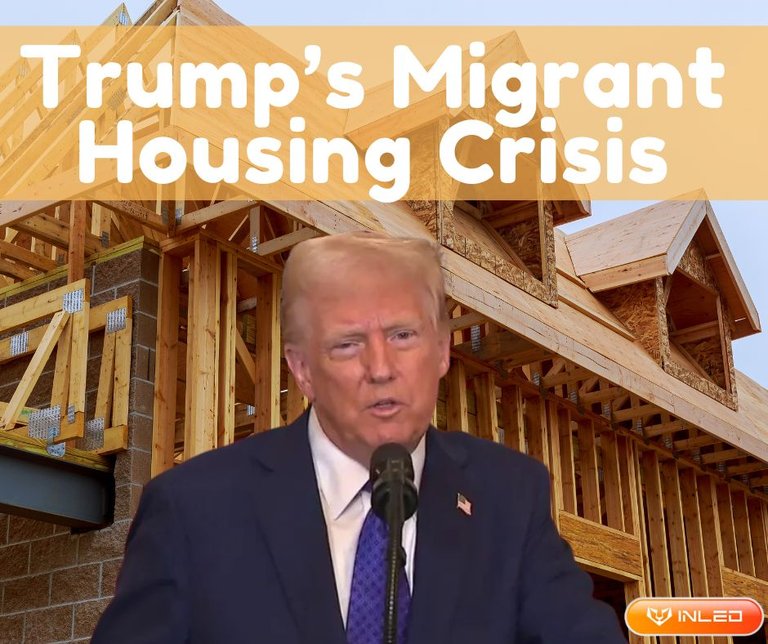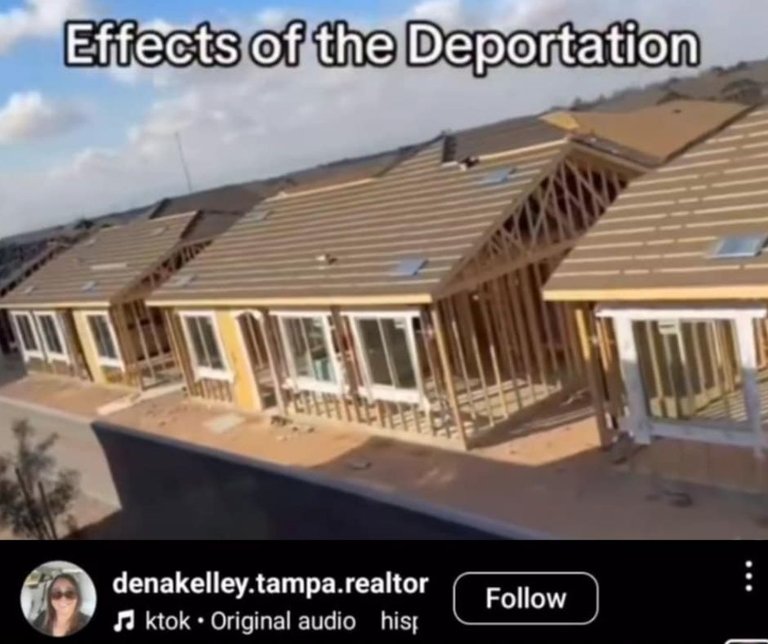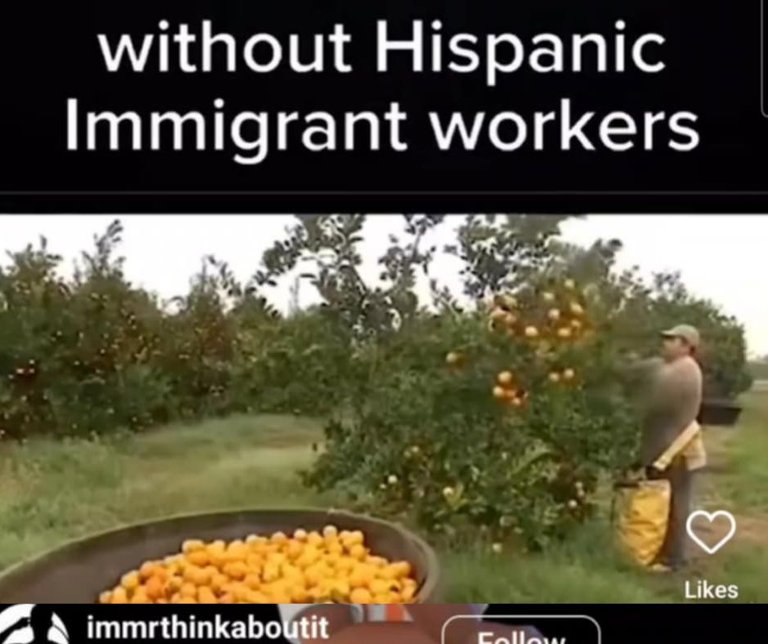Trump’s Migrant Housing Crisis

Trump’s Migrant Housing Crisis
It's been a week since President Donald Trump dispatched one of the worlds largest movements towards illegal migrants in the current world seeing 30,000 human's being captured and either deported or detained in Guantanamo Bay. While the manoeuvre was a populous one it isn't without blow backs on the populous position already causing issues all across the U.S workforce and economy.
Migrant's are always the easy target for politicians and the U.S has finally ended the old age comment of "They're taking our jobs" and while many politicians spew this rhetoric none have ever delivered on their promise due to the fact many sectors rely on migrant workforce as if it is today's slave trade.
Donald Trump has delivered on what the people want and the people get what they want but it comes at a huge economic and increase in cost of living crisis as sectors from manufacturing, construction and all the way to farming face chronic shortage of workers.

Photo captured by Denakelley.tampa.realtor
U.S Citizens Take To Social Media To Raise Concern
Within a week housing developments that were being established to meet the needs of the growing U.S population have come to a stand still as the majority of the sector was being supported by an illegal migrant workforce. This workforce is often underpaid and do not come under workplace protections that the typical American Workforce is required to implement so keeps housing and construction prices down.
In countries like Australia which have stronger workforce legislation and a smaller illegal migrant workforce which typically is made up of backpackers and working tourists or tourists who have absconded, the price of construction has snowballed to unaffordable levels.
The construction sector in America has long relied on immigrant labor both documented and undocumented to meet its workforce demands. Undocumented immigrants, in particular have played a crucial role in various construction trades, including framing, drywall installation and roofing.
Trump's aggressive deportation measures and newly created restrictive immigration policies have significantly reduced the availability of this labor pool.
According to a report by the National Association of Home Builders (NAHB) approximately 30% of construction workers in the U.S. are foreign born with higher concentrations in specific trades. The mass deportation of undocumented workers has led to a substantial decrease in the labor force causing delays in construction timelines and increased costs for builders.

image from Immrthinkaboutit
Fresh Food and Vegetables hit hard
Construction isn't the only sector impacted by the Immigration swoop as farmers are now reporting fresh fruit and veggies are going rotten as they sit without a workforce to pick and pack their foods. Farmers are raising concerns with American Citizens with one farmer claiming *"American's arrive late and want to finish early while working slower".
The labor shortages resulting from these immigration policies will have a ripple effect across the the American economy. With builders stating they are already struggling to meet project deadlines leading to vacant construction sites and postponed housing developments. This slowdown in construction will add to the existing housing shortage while also driving up home prices and making housing less affordable for many Americans.
With impacts now also being felt at home with the cost of living increasing and supermarket prices for food going up.

The rise of Automation
While the current issue is a daunting one the United States isn't the only country impacted by cost of living pleasures and while some are saying this will add more to the cost of living crisis which is true. It also provides an opportunity for governments to move forward with new age technology and automation.
Manual Labor roles have been declining over the years with many preferring not to pick up tools seeing a reduction in available trades persons to complete jobs. While many blame migrants for the lack of jobs it has more to do with businesses choosing to exploit workers for lower wages.
We can not continue to rely on what some refer to as modern day slavery and need to come up with new ways to complete old tasks for a better price. this is where automation and machines come into it with the sector already seeing 3D printed homes as well as pre fabricated construction items. Sadly, a lot of pre fab comes from overseas nations so effectively still is a migrant workfroce.
Issues still arise in farms but the sector is probably due for a tech revolution, we've been stuck in the 90s for a long time because migrant workers we're keeping costs low by being exploited.
Question's remain, will the sectors impacted pivot or will they lobby for illegal workers?
let us know your thoughts in the comments section below
Image sources provided supplemented by Canva Pro Subscription
Posted Using INLEO